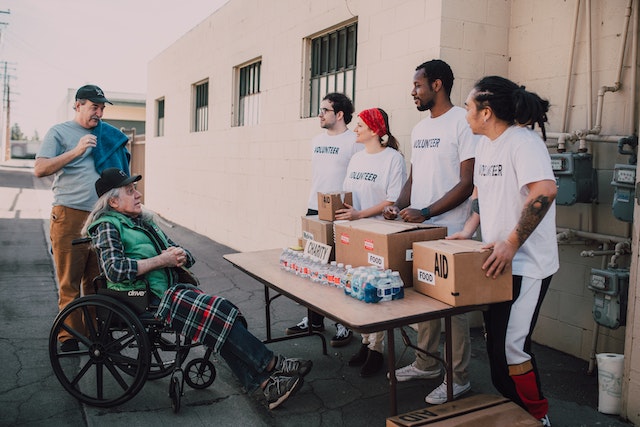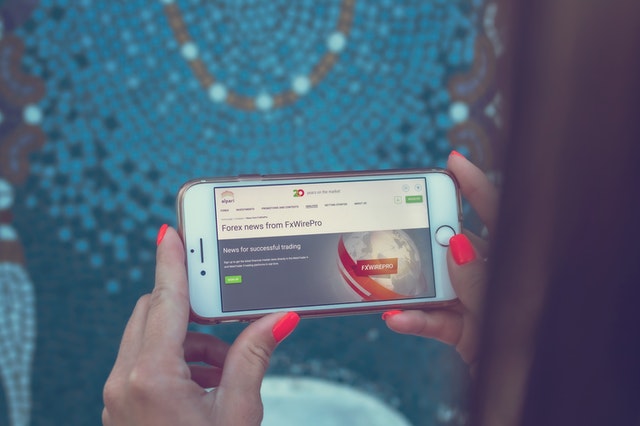When we think about charity fundraising we typically think about people shaking buckets, sponsored fun runs, coffee mornings, and growing funny mustaches. But what about fundraising for a professional career? Is fundraising a good job?
Fundraising actually comes in all shapes and sizes. There are those that work specifically with wealthy philanthropists, those who build relationships with corporate organizations for the purpose of payroll giving, and those that work in legacy giving which involves people leaving money to charity in their will.
The objective of all fundraisers is to obtain donations and ultimately raise money for charity. This is either as a one-and-done type offering or as regular giving in automatic monthly donations.
Another thing in common that all fundraisers have is the need to communicate well, but perhaps none so much as the face-to-face fundraiser.
Fundraising in person
Face-to-face fundraising for charity used to be considered a kind of ‘filler job rather than an actual career. The general consensus may have been that face-to-face fundraisers are low-skilled, combined with the myth that asking for money was somehow not honorable.
This wasn’t helped by the fact that fundraisers would receive no training except a quick pep talk before being cast out to high streets and random neighborhoods, where they’d generally use sales patter to try to solicit donors from the public.
But when public perception of fundraisers and charities eventually took a dive, the entire sector realized they needed an overhaul.
In response, the Charities Commission, The Chartered Institute of Fundraising, and The Fundraising Regulator worked together to reframe expectations and ensure all UK charities were registered and behaving ethically.
The fundraising code of practice was updated and simplified with a fresh view that anyone would be able to read and understand the compliance expected of fundraising.
Mystery shopper visits to assess fundraisers became standard with penalty points for charities and fundraising agencies if any misconduct took place.
Larger UK fundraising agencies like Charity Link dramatically improved the performance and well-being of their fundraisers by establishing an award-winning training academy.
Here, fundraisers were not only taught essential compliance, mindset, and techniques on how to do the job well but to remember and respect the true value of the role.
Something that is often overlooked about professional fundraising jobs is that it’s about so much more than the average job.
What skills must a charity fundraiser have?
Good communication skills, enthusiasm, resilience, intuition, salesmanship, and compassion to name but a few.
Comfortably approaching strangers to ask for money takes a particular type of character. Getting them to agree to regularly give money because the fundraiser has articulated the campaign in a way that makes them want to act is even more special.
And being the type of person that persists and tries, again and again, takes a tenacity that most don’t possess.
Face-to-face fundraisers have every reason to be proud. The work they’re doing is ultimately transformative for the most vulnerable in society and holds enormous value.
Somewhere, a life that is suffering is made easier because of the money that fundraisers have asked for.
How to get a face-to-face fundraising job
Professional fundraising is now a savvy career choice for anyone who loves talking to people, enjoys a challenge, wants to make a difference in their work, and likes the idea of being able to increase their income.
For anyone thinking about a career in face-to-face fundraising, it’s always a good idea to go to a larger fundraising agency that can offer excellent training as well as contracted employment. Companies like Charity Link also provide perks like healthcare, shopping discounts, and pension plan. If you think you’ve got what it takes.
You never know, you may have just stumbled across your dream job!



































